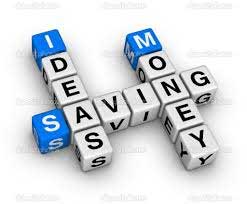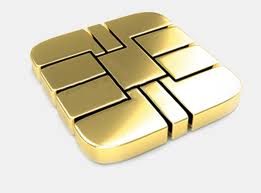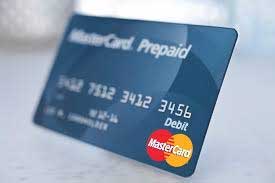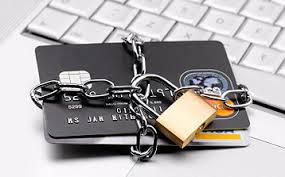
So, time to change your mind. With effort, you can even use inherent thinking patterns to enhance your financial position. Here are some ideas:
Quit pitting saving against spending by making the savings automatic. Make a firm decision in favor of regular deposits into a savings account and then forget it.
Try to visualize what it is you want to achieve financially. A picture on the refrigerator of the object of long-term savings – a new home, maybe – is a constant visual reminder that you have to stick with the goal.
People tend to spend differently depending on their perception of where the money comes from. A credit card, for instance, may not offer as clear a notion as does cash, so it is easier to overspend with the card. Use cash when you can.
Use several savings accounts targeted to specific goals. That way, your brain is not tricked into thinking you are making more progress toward those goals than you really are. A generic savings account may be easier to dip into than one specifically labeled “Vacation in Paris.”
Save small bills. One-, five- or 10-dollar bills accumulate fast, although you may at first think it a strange way to save. It works because you are required to do mental accounting and there is an essence of “gambling” involved since you never know when the next bill will show up.
Use savings, except for retirement funds, to pay off credit card debt. At this point in time, savings earn little, and credit cards charge a lot. Make use of the difference. If you can pay down the credit card debt, you’ll have more to save. That requires a change in thinking and genuine action, but it’s worth it.
Ways of thinking about money, like everything else, can become habitual. The idea is to replace counterproductive thinking modes with those that will contribute to your financial well-being.



